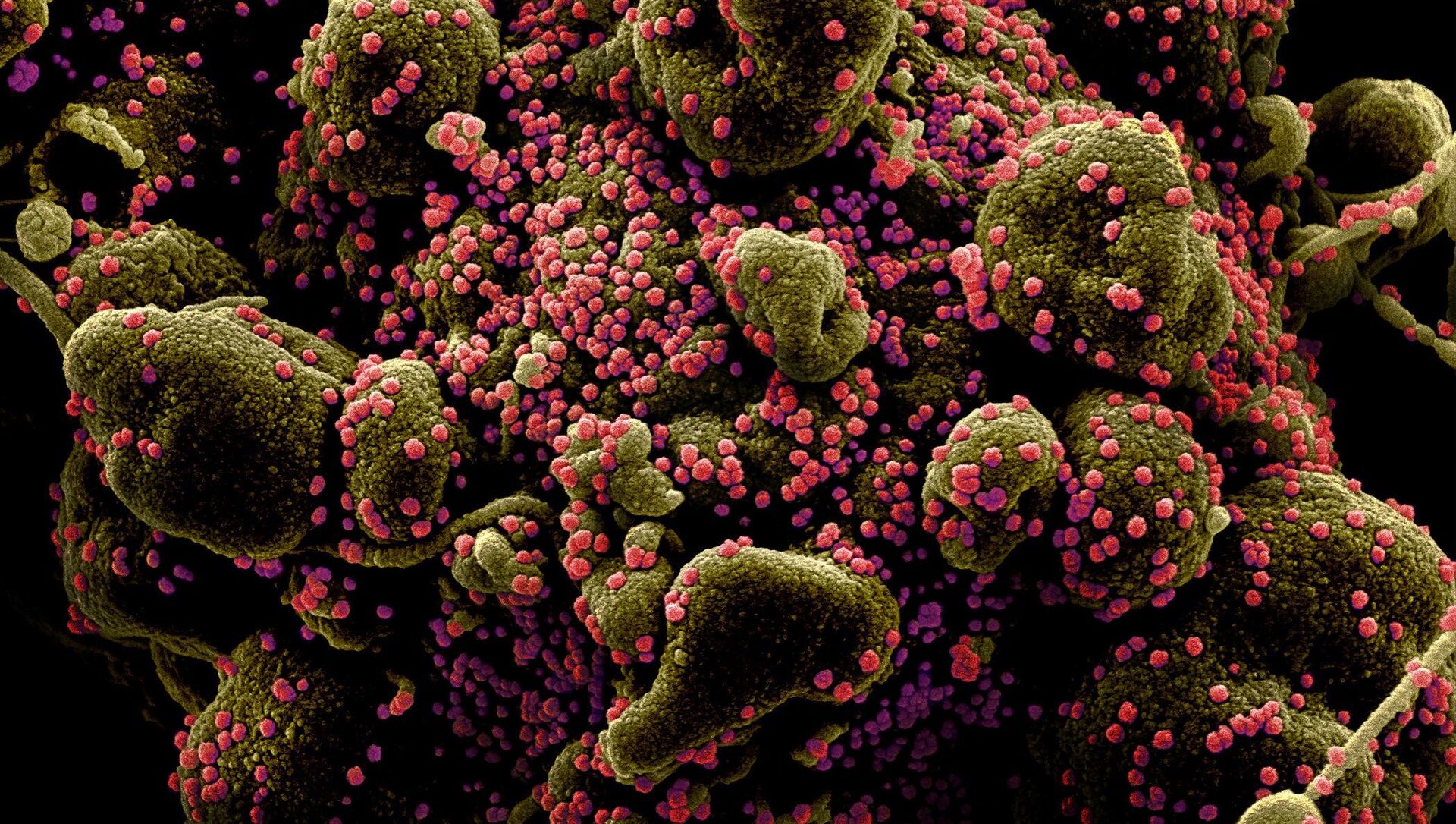Scientists have discovered a number of new coronavirus lineages that seem to be subject to a similar mutation in the United States, according to a study published on Sunday.
The research team has indicated seven lineages that all gained a mutation in the same spot in their genes, sparking concerns as to whether the mutation can affect the level of contagiousness of the coronavirus.
"Independent genomic surveillance programs based in New Mexico and Louisiana contemporaneously detected the rapid rise of numerous clade 20G (lineage B.1.2) infections carrying a Q677P substitution in S [spike protein]", the study abstract said.
There is no clear evidence that the mutation may affect the way COVID-19 is spread among people, but Jeremy Kamil, a virologist at Louisiana State University Health Sciences Center and a co-author of the new study, suggests, cited by The New York Times, that “there’s clearly something going on with this mutation.”
“I think there’s a clear signature of an evolutionary benefit,” Dr. Kamil said.
Suggestions were also voiced that the mutation could affect the way the virus enters human cells, although researchers have outlined that additional experimental data is needed.
During recent months, several new strains of coronavirus were detected around the world, particularly from the United Kingdom and South Africa, known to be more contagious.
While it is not ultimately clear what impact the new variants will have on the pandemic, Russian consumer rights watchdog Rospotrebnadzor on Sunday announced that a first-ever testing system for the UK variant has been registered in the country.
"The new technology can be used to develop reagents for detecting any other SARS-CoV-2 mutations, as well as other infectious pathogens where rapid mass testing is required (pandemic infections)," Rospotrebnadzor said.


